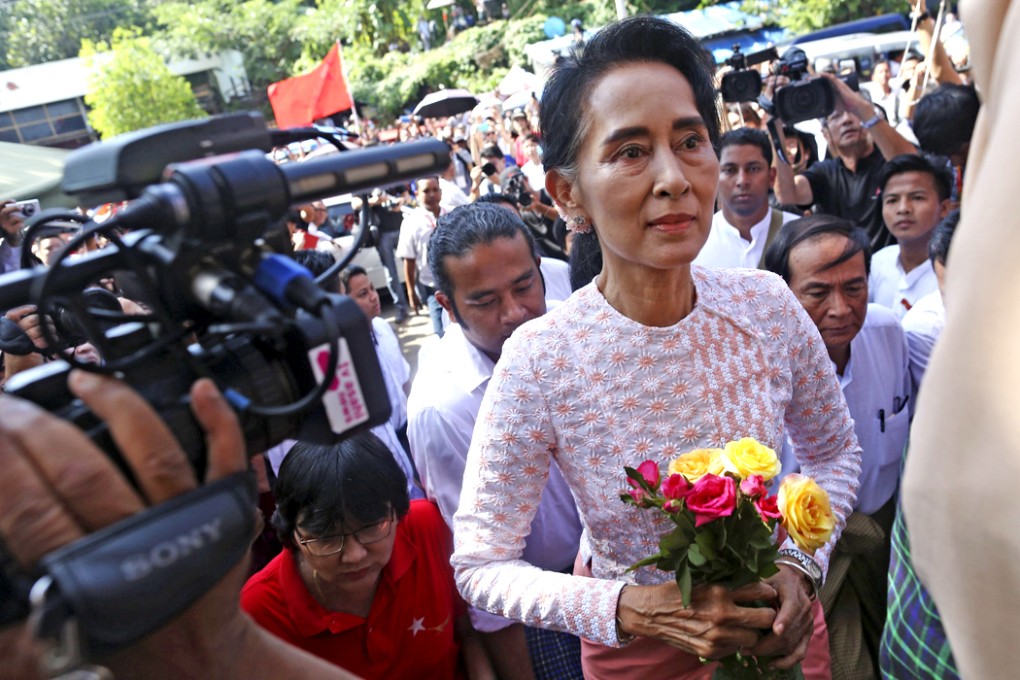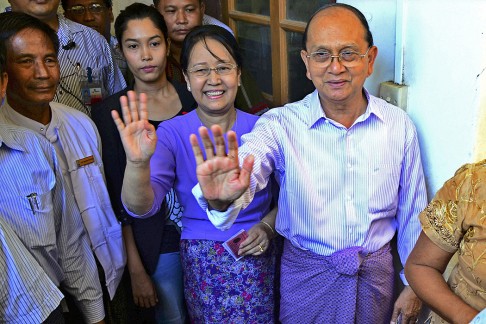As dust settles from Myanmar's historic election, the real work for winners and losers starts now

The impressive victory of Aung San Suu Kyi's National League for Democracy in Myanmar's biggest democratic test in 25 years would seem a pivotal moment for the country's development.
There is no disputing that the election win is historic and that the governing party's acceptance of defeat further lessens the military's stranglehold on power. But as the euphoria winds down, the cold reality of the political challenges ahead will become obvious for the winners.
Even with a majority in parliament, their strategy will be less about setting agendas than negotiating and compromising.
Such a strategy would seem perplexing for the country's 23 million voters after a win that has given the NLD dominance of the 664 seats in parliament.
READ MORE: ‘We will respect the outcome’: Myanmar’s president Thein Sein insists junta will abide by the results of landmark elections
The ruling Union Solidarity and Development Party has been left with no more than a few dozen, with powerful figures like its chairman and the parliamentary speaker toppled.
